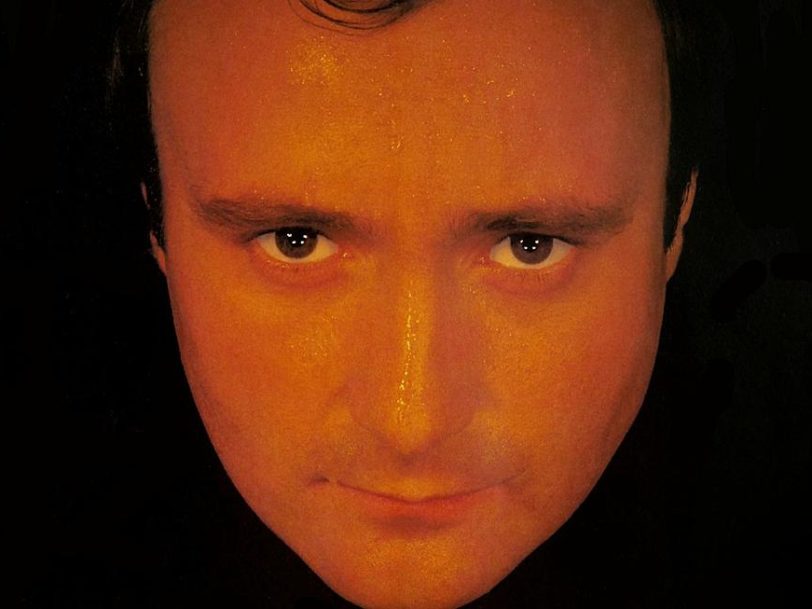In early 1985, Phil Collins was getting ready to release his third album, No Jacket Required. Work on the record had begin after a year of working with other artists, such as Earth, Wind And Fire’s Philip Bailey (the hit single Easy Lover) and Eric Clapton (the Behind The Sun album), and Collins had made a deliberate decision to switch up his style. Wanting to avoid being pigeonholed as a writer of ballads and love songs – especially following the success of In The Air Tonight – he began working towards a more upbeat sound.
Listen to No Jacket Required here.
Making good on his intention
With it’s dramatic keys, pounding drums and blasting trumpets, album opener Sussudio made good on that intention, presenting an extreme change of pace compared to a song like I Don’t Care Anymore, which had opened No Jacket Required’s predecessor, 1982’s Hello, I Must Be Going! Delivered with a refreshingly energetic and vibrant vocal, Sussudio was a perfect choice for the album’s lead single, and its energy spilled over into the next track, Only You And I Know, before pulling listeners into the moody, atmospheric tones of the political Long Long Way To Go, featuring backing vocals from Sting.
Other stand-out album tracks, such as I Don’t Wanna Know and Doesn’t Anyone Stay Together Anymore, often get overlooked – a sign of how strong No Jacket Required’s material was – but the former sees Collins delivering one of his most powerful vocals, and the latter provides a fantastic example of his signature drumming style. Understandably, however, singles like One More Night, which became a hit on both sides of the Atlantic (No.1 UK, No.4 US), grab all the attention. This classic slow ballad about giving a relationship a second chance shows Collins at his most vulnerable, with beautifully delicate keys and drums sitting alongside gorgeous harmonies in the chorus.




